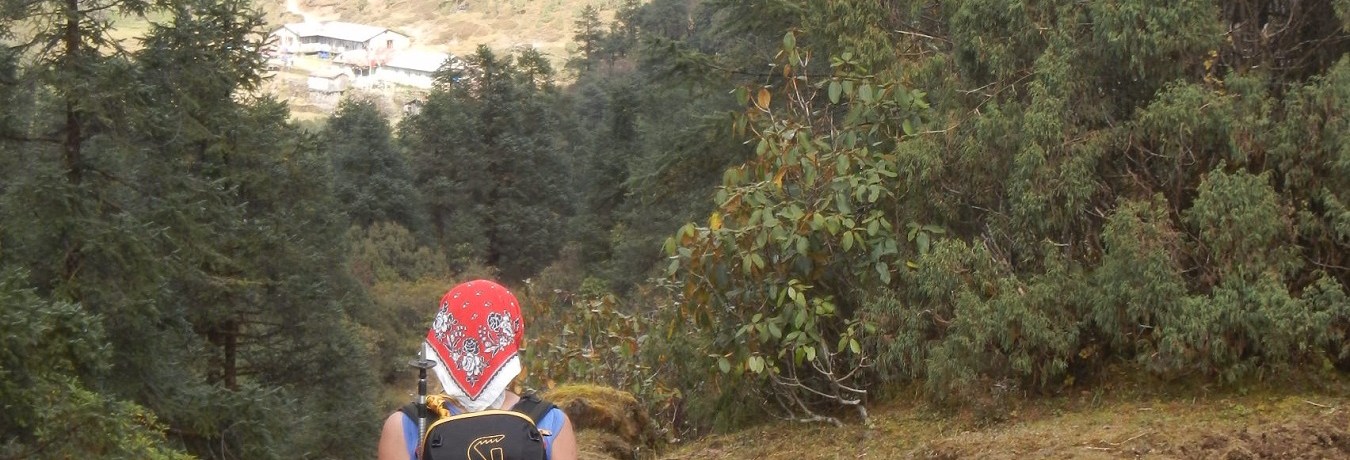-
+977 9851060895
-
adventurebeyondthelimit@gmail.com

Nepal is a country blessed with beauty and bounty of biodiversity and Agriculture is the major
source of Nepalese economy. It provides employment opportunities to 66 percent of the country’s
labor resource and contributes about 39 percent in the GDP but the traditional farming methods,
lack of irrigation and dependency on the monsoon, growing shortage of farm labor, lack of
chemical fertilizer, political instability and poor access to markets are the major factors leading to
the low growth and declining the contribution rate of agriculture in GDP. The estimated GDP per
capital income for the year 2011 was $1300. One third of country’s populations are under poverty
line and the unemployment rate is 46% which is increasing over the year and the remittance is
driving the country’s economy (Agro-tourism in Nepal, 2016).
With the suitable climate, highest mountains, unique tradition, culture and heritage, Agro-tourism
could become a good support for additional and regular revenue to the local farmers here in Nepal
and could also contribute to the social development through rural employment. If the venture of
Agro-tourism works successfully in Nepal, it could lead to economic stability to the rural
population and reduce the social unrest to a greater extent. It can provide an additional income
source to the farmers and employment opportunity to the family members and rural youth through
Conservation areas, National parks, Hunting reserve, Eco-farm located in every corner of the
country.